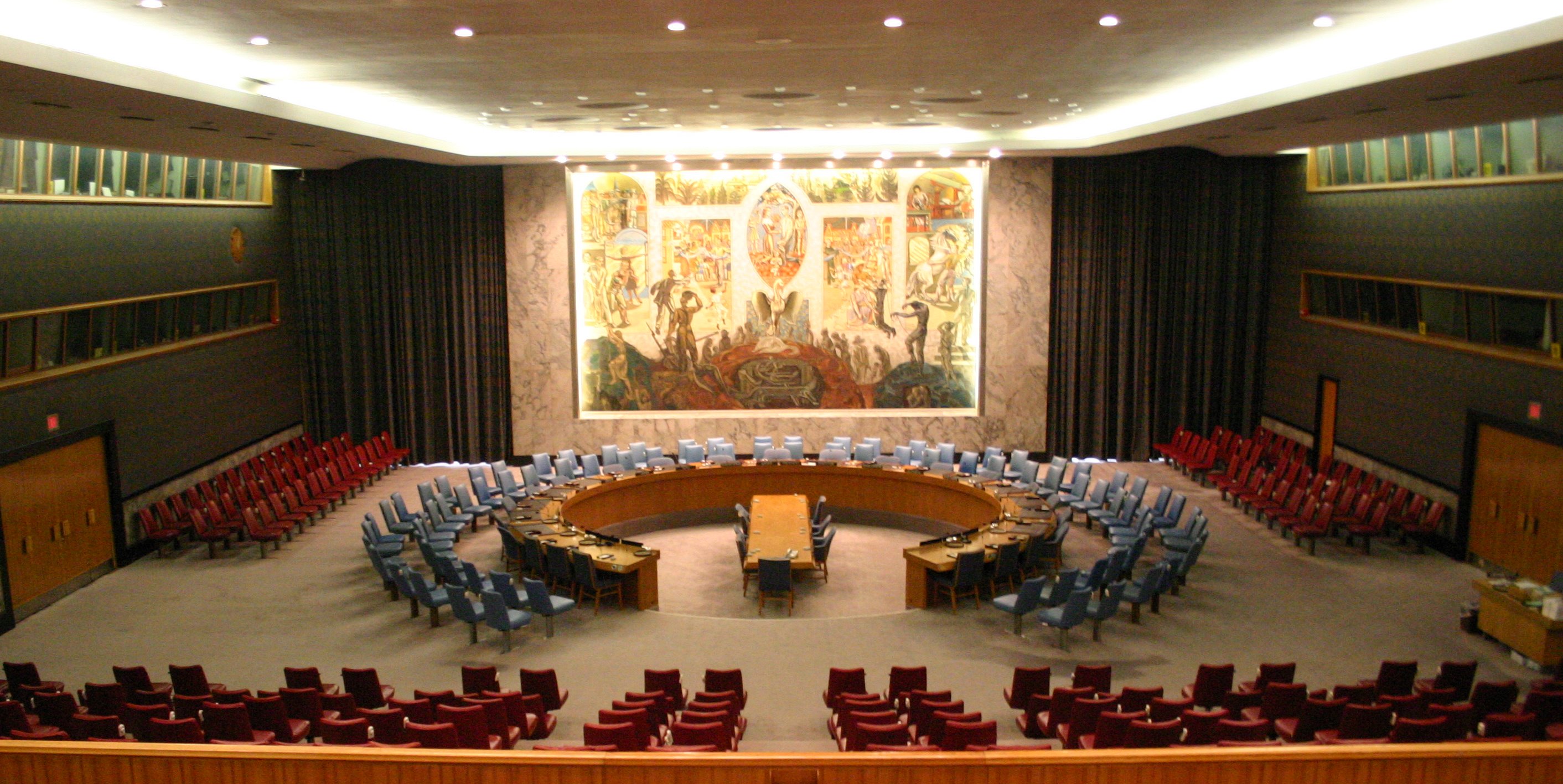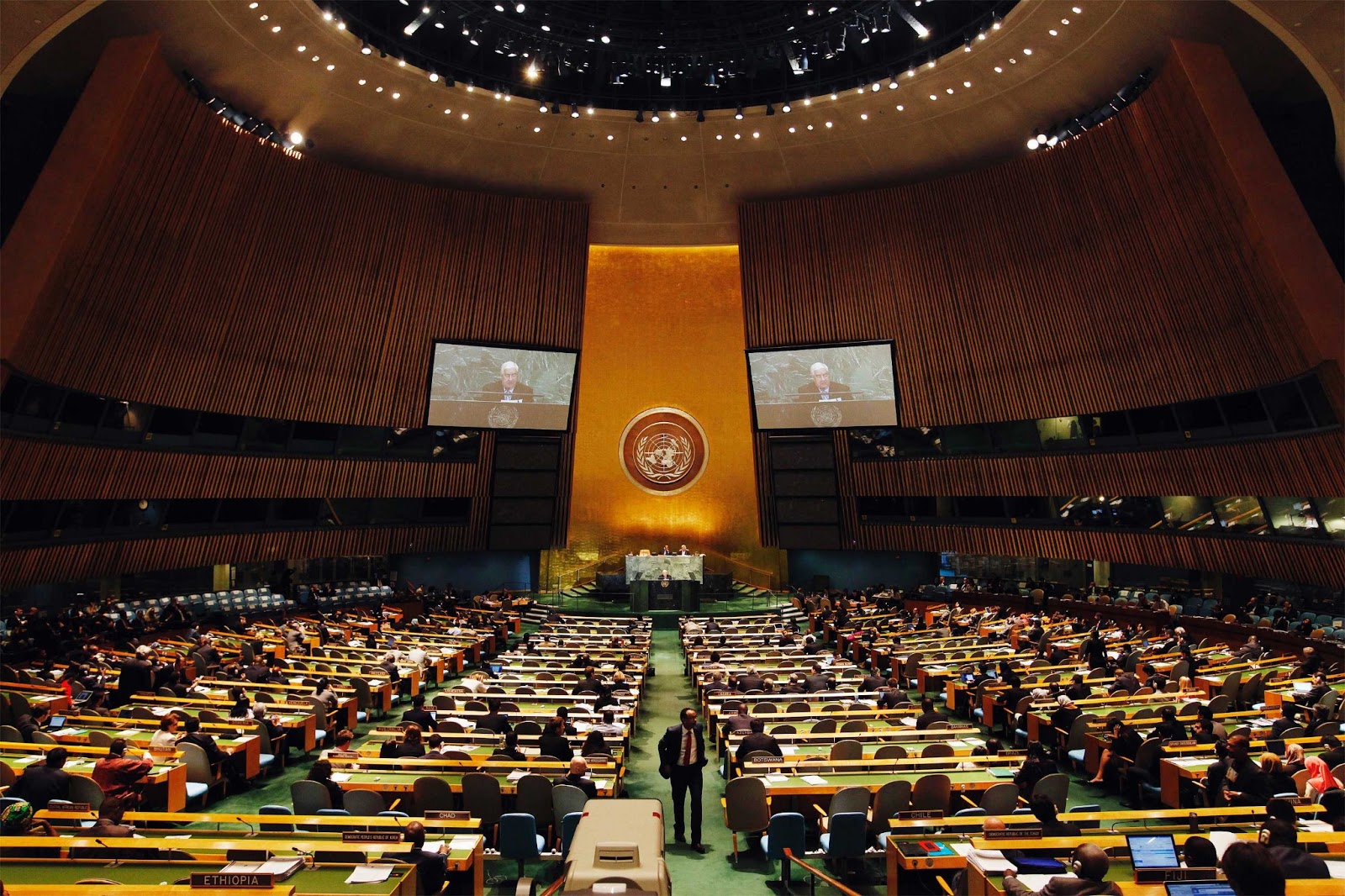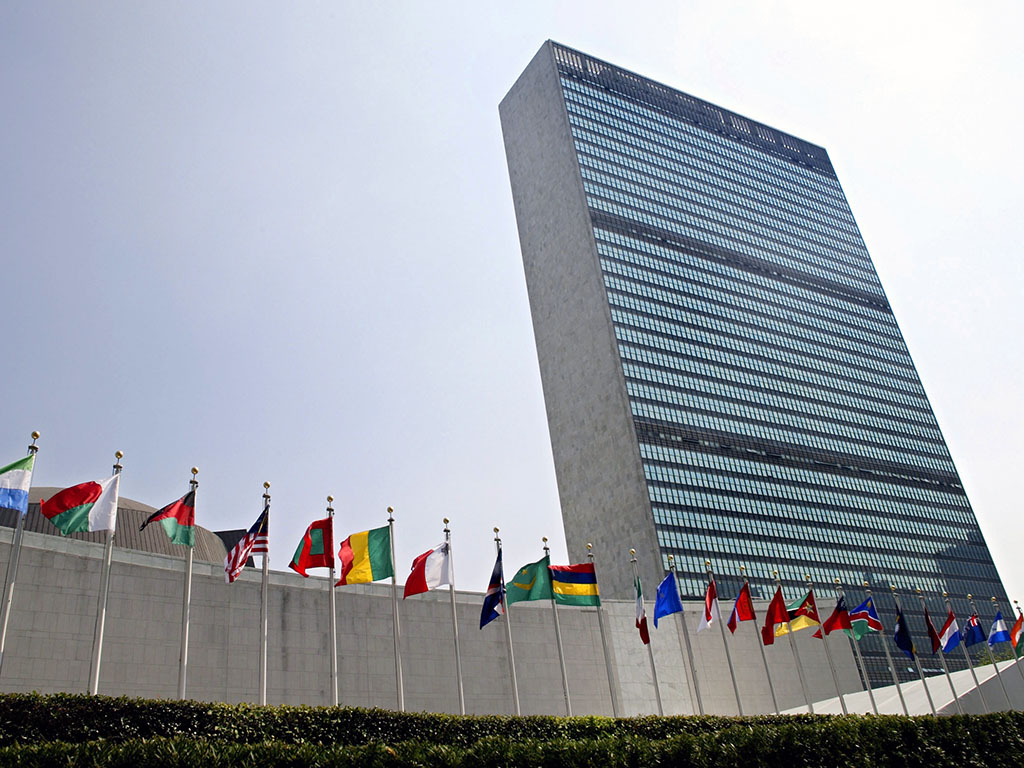The global COVID-19 pandemic is plunging the world into a socio-economic and financial crisis of an unprecedented scale, in addition to the acute health crisis. Many of the gains achieved under the banner of the Sustainable Development Goals (SDGs) are under threat. The crisis has exposed and exacerbated vulnerabilities and inequalities in both developing and developed countries, deepening poverty and exclusion and pushing the most vulnerable even further behind. This is a watershed moment. A sustainable, equitable and peaceful future hinges on the right national and international policy decisions. This policy note assembles analysis by members of the United Nations Committee for Development Policy (CDP) and co-authors on different angles of the COVID-19 crisis and the challenges and opportunities it presents for development policy and multilateralism.
SDG #17: Partnerships for the goals

As countries' concerns about graduation persist, the potential for additional tension has widened, particularly now that an increasing number of LDCs approach graduation

Voluntary national reviews (VNRs) are an important innovation as a United Nations process for follow up to the adoption of development agendas. The paper anal

The paper investigates the trend based on diverse scenarios, to shed light on the possible graduation cases by 2030, and implications on how much effort is needed to accelerate the development progress of LDCs

This paper provides an overview on the interlinkage between Sustainable Development Goals (SDGs) achievement and Least Developed Country (LDC) graduation

CDP Background Paper No. 48
By Keith Nurse
Migration and the growth of global diasporas are key contemporary trends which impact on the pledge to ?leave no one behind? in the 2030 Agenda. The developmental potential of migration is

Voluntary national reviews (VNRs), are an important innovation as a United Nations process for follow up to the adoption of development agendas. The paper analyses how countries addressed three key cross-cutting issues of the 2030 Agenda for Sustainable Development in the VNRs submitted in 2017: leaving no one behind; addressing trade-offs through policy integration; and pursuing global partnership as means of implementation. While the VNRs contain already many interesting examples as basis for mutual learning and sharing of, the paper also identifies a need for more attention to these issues and more explicit discussions on strategies for their implementation.

We examine globalization's effects on those left behind in both industrial and emerging markets. While access to global markets has lifted billions out of poverty in emerging markets, the benefits have not been equally shared. Increased competition through globalization as well as skill-biased technical change has hurt less educated workers in rich and poor countries. While much of the rising inequality is often attributed to globalization alone, a brief review of the literature suggests that labor-saving technology has likely played an even more important role. The backlash has focused on the negative consequences of globalization in developed countries, and now threatens the global trading system and access to that system for emerging markets. We conclude by proposing some solutions to compensate losers from the twin forces of technical change and globalization.
 Welcome to the United Nations
Welcome to the United Nations
